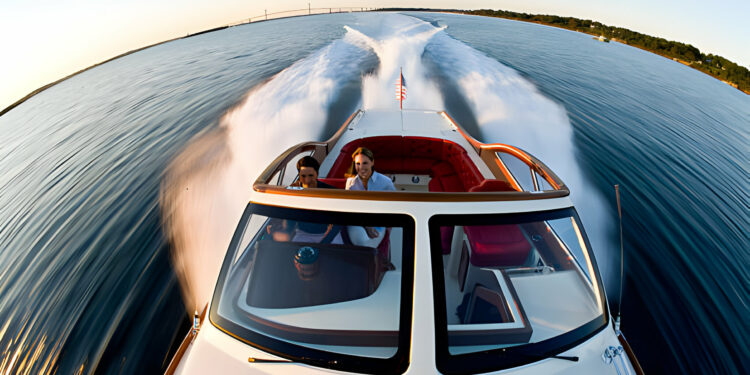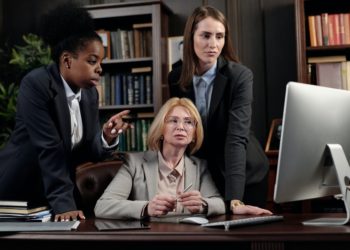Spring is the season many boaters eagerly anticipate embarking on the water and bask in the gentle warmth of longer days. However, transitioning from the dormant winter into the lively spring conditions on Georgia’s lakes and coastal waters calls for caution and preparedness. Here are essential tips for boating during the spring season that will keep you safe and enhance your experience on the water.
Review and Prep Your Boat
Contents
Perform a Safety Check
Begin with a thorough safety inspection of your boat. Check the hull for any damages that might have occurred during storage, ensure the engine starts smoothly, and confirm that your steering and throttle controls are working properly.
Maintenance is Key
Winter can be tough on boats. Complete any necessary maintenance tasks such as changing the oil, checking the battery, and ensuring that all electrical systems and navigation lights are functioning correctly.
Update Your Safety Gear
Make sure you have the required equipment and enough life jackets for all potential passengers and that these flotation devices are in good condition. It’s also the perfect time to restock your first-aid kit, fire extinguishers, and distress signals.
Familiarize Yourself with Georgia Waterways
If you plan to explore new areas, study the latest navigation charts. Familiarize yourself with the local waterways, noting any changes in buoys or landmarks.
Stay Informed on Weather Trends
The unpredictable nature of spring weather demands constant vigilance. Stay updated with the latest weather forecasts and be prepared for sudden changes that could occur.
Understand the Local Laws
Each state, including Georgia, has its boating regulations. Ensure you are compliant with the necessary licenses and understand all relevant boating laws to avoid legal issues.
Safety Briefing for Passengers
Conduct a Thorough Briefing
Before setting off, conduct a safety briefing for your passengers, especially if they are new to boating. Highlight where the life jackets are stored and how to put them on, the location of safety equipment, and what to do in case of an emergency.
Assign a Second-in-Command
It is wise to have a backup who can operate the boat if the primary captain is incapacitated. Ensure this person understands basic boat operation and safety procedures.
Be Mindful of Spring Conditions
Watch for Floating Debris
Spring runoff can cause higher water levels and increase the amount of debris in the water. Always keep a sharp lookout for logs, branches, or other debris when boating.
Be Cautious of Cold Water
Despite warmer air temperatures, water bodies can still be very cold during early spring, increasing the risk of hypothermia if you fall in. Wear appropriate clothing that provides both warmth and buoyancy.
Respect Wildlife
Spring is also when wildlife becomes more active around waterways. Keep a safe distance from any animals, and do not disturb nesting sites or feeding grounds.
Know What to Do in Case of an Accident
Despite all precautions, accidents can happen. If you or a loved one has been involved in a boating accident, it’s crucial to know the next steps. Initially, seek immediate medical attention for any injuries, and then report the accident to the appropriate authorities as required by Georgia law.
Documentation is essential; take photographs of the scene and jot down details while they’re fresh in your mind. Legal complexities can arise post-accident, and it is beneficial to discuss your situation with a professional who can provide advice tailored to your circumstances. Contact a Savannah personal injury attorney who specializes in boating accidents to ensure your rights are protected and you receive the proper guidance.
Enjoying Spring Boating
Armed with these tips and mindful of the springtime nuances, you are all set for a delightful boating season. Remember to prioritize your safety, and the safety of others, so fun and fond memories are your only takeaways. Should you ever need assistance due to unfortunate circumstances on the water, know that professional legal help is within your reach to navigate through any personal injury matters related to boating incidents.




























































